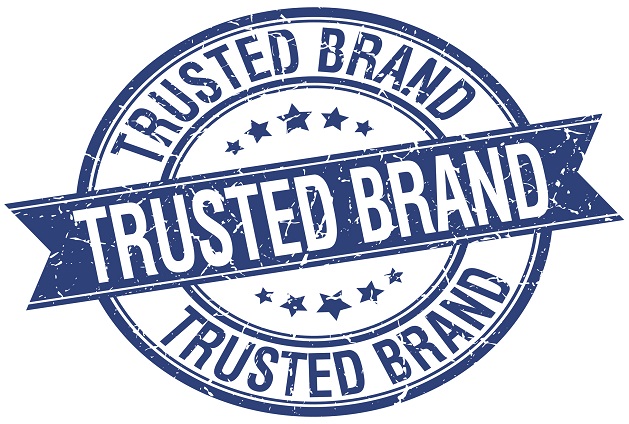
The world of online reviews can be a chaotic one. So, is it really that necessary to be a part of it? For many business, they are losing interest and dropping the option for reviews altogether on websites like Facebook where this is possible.
Larger companies such as conventions find themselves inundated with reviews from false reviewers, disappointed attendees who didn’t have lofty needs met, and more. Knowing that they’re still guaranteed a large attendance, why bother leaving those pesky reviews up?
And, with mega review site Yelp itself clocking in at 57% of their reviews being one star, it’s clear that the community is not impressed. And Yelp is not the only one. There are a lot of online business owners out there who think review website aren’t doing their job when it comes to quality control.
Control Your Feedback
While it’s impossible to have full control over your online reviews, there are steps you can take to ensure your review section online is not a total disaster. It all starts with vigilance.
If you’re just starting out and have the time to man your own reviews, make sure that you set up notifications so you can see them as the roll in. If you are a larger company that gets multiple reviews in a week or even day, you’re going to need a dedicated employee for this task.
Response is everything when it comes to reviews. If you have received a negative review from a genuine client of whom you can comment on their experience and offer a solution, do it as quickly as possible. If you have received a review not left by a genuine customer, you can calmly and professionally express your side of the story.
And, the report button is your friend. Most recently, Google reviews updated their terms of service to state that ex-employees cannot leave negative reviews. If you’re dealing with those, send a report to Google straight away!
The Power is in Your Hands… Sort Of
It’s a tough fact of life that online reviews are always going to be a bit of a mess. In a world where an argument to remove a review is very much “he said she said,” it’s not easy for moderators on websites such as Yelp to make decisions in your favor.
But the power is still in your hands, and reviews are still useful to your business.
The stats still are there. Ninety-two percent of consumers in 2018 are reading online reviews when looking for local businesses and 42% of these consumers won’t use business with less than a three-star rating.
Business owners may not have complete control over the state of their reviews, but they can always do their best to represent themselves properly.
The most anyone can do is their best, so stay on top of your reviews, run your business ethically, and remember: the customer is always right. Unless they’re not really your customer and have a personal vendetta against you. 😉









